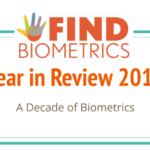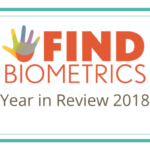
The US Defense Information Systems Agency (DISA) has shared more information about the new forms of biometric authentication it has been designing for military smartphones. The project was undertaken because the fingerprint and facial authentication tech found in most consumer devices was not as useful to soldiers who may be wearing gloves or masks while on active duty.
To get around the problem, DISA developed tech to authenticate users with behavioral biometrics, creating a trust score based on factors like a person’s gait and which pocket they prefer to use to store their phone. The “Assured Identity” system will also mark the user’s location and regular Wi-Fi networks to get a better sense of that person’s habits.
The modalities in use can be configured based on the nature of an interaction and the desired level of security. In any case, the phone will know when it’s in the wrong hands, allowing it to bar access to unauthorized users.
According to NBC, DISA could be looking to sell its technology to consumer vendors like Samsung and Apple, who would be able to mass produce smartphones with Assured Identity technology more cheaply than the military can on its own. However, a private company will have different data policies, which could increase the security risk if sensitive information ends up getting stored in the cloud. At the moment, Assured Identity information is stored locally, and is not vulnerable to a large-scale data breach.
DISA first revealed that it was working on a “Patterns of Life” authentication system back in 2017. The system was developed with the help of the Brooklyn-based twosense.ai, and went into an active trial phase earlier this year.
Source: NBC News
–
August 16, 2019 – by Eric Weiss








Follow Us